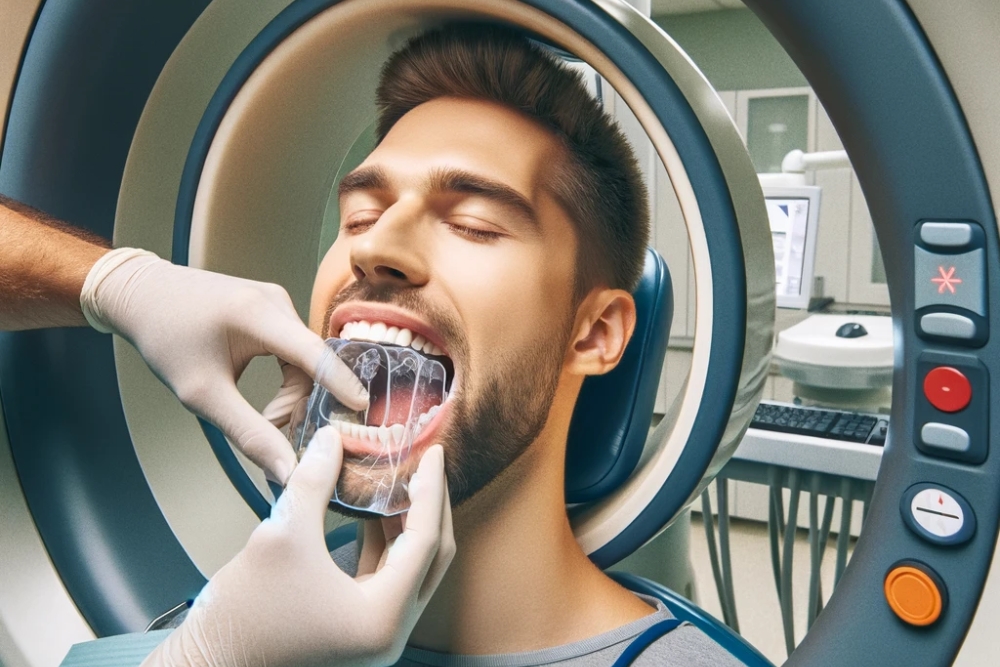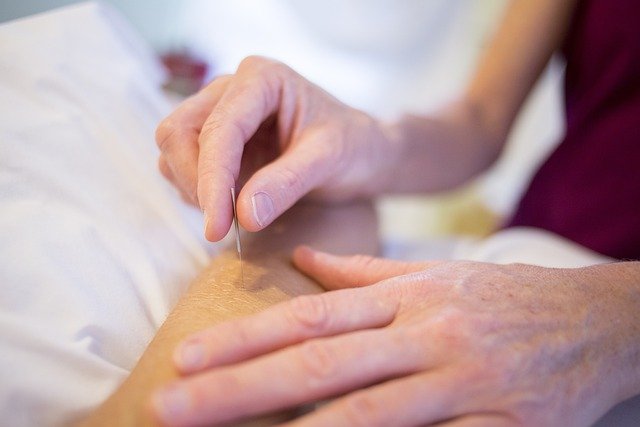Dental Implant Clinical Trials: Finding Affordable Treatment Through Research Programs
Dental implant clinical trials are sometimes available through dental schools or research centers. These programs offer eligible participants reduced-cost implants in exchange for helping test new materials or techniques under professional supervision.

What Are Dental Implant Clinical Trials?
Dental implant clinical trials are research studies conducted by dental schools, universities, and research institutions to evaluate new implant materials, techniques, or protocols. These studies are carefully designed and monitored to ensure participant safety while advancing dental science. Participants receive dental implant treatment at significantly reduced costs—sometimes even free—in exchange for their participation in the study. These trials typically involve regular follow-up appointments where researchers document outcomes, gather data, and monitor the implant’s success over time. All procedures are performed by licensed dentists or specialists, often with oversight from senior faculty members.
How to Find Universities Offering Dental Implant Trials
Finding dental implant clinical trials requires some research, but several reliable resources can help you locate opportunities. Start by checking the websites of dental schools at major universities in your region, as they often post information about ongoing or upcoming clinical trials. The National Institute of Dental and Craniofacial Research (NIDCR) website maintains listings of government-sponsored dental studies. ClinicalTrials.gov is another comprehensive database where you can search specifically for dental implant studies by location. Additionally, many dental schools have patient clinics that regularly seek participants for student training and research purposes—calling these clinics directly can sometimes reveal opportunities not advertised online.
Are You Eligible for a Dental Implant Clinical Study?
Eligibility criteria for dental implant clinical trials vary widely depending on the specific research objectives. Most studies have both inclusion and exclusion criteria that determine who can participate. Common inclusion criteria include being in good general health, having adequate jaw bone to support implants, and being over 18 years of age. Exclusion factors often include uncontrolled diabetes, active periodontal disease, smoking habits, certain medications, or radiation therapy to the jaw area. Some studies specifically seek participants with particular conditions, such as those needing single tooth replacement, full mouth reconstruction, or those with specific bone density issues. The screening process typically involves a comprehensive dental examination, medical history review, and sometimes specialized imaging like CT scans.
What to Expect When Participating in Dental Research Programs
Participating in a dental implant research program involves several steps beyond what you might experience in a traditional dental setting. Initially, you’ll undergo a thorough screening process to determine eligibility. Once accepted, you’ll sign informed consent documents outlining the procedure, potential risks, benefits, and your responsibilities as a participant. The treatment itself may involve multiple appointments spanning several months, following the normal dental implant timeline: implant placement, healing period, and restoration with a crown or prosthetic. What differs is the additional documentation, measurements, and follow-up appointments required for research purposes. These extra visits allow researchers to collect valuable data on implant integration, functionality, and patient satisfaction.
Benefits and Limitations of University Dental Implant Programs
University dental implant programs offer significant advantages beyond cost savings. Participants receive care from teams that include specialists and experienced faculty supervising the work. The procedures often utilize cutting-edge technologies and materials being evaluated for wider use. Additionally, the thorough follow-up care can exceed what’s typically provided in private practice settings. However, limitations exist as well. Research protocols may restrict treatment options to those being studied, potentially limiting customization. The timeline can be longer than in private practice due to academic schedules and research protocols. Location can also be challenging, as participants typically need to live near the research institution for regular appointments over an extended period.
Comparing Costs: Clinical Trials vs. Traditional Implant Treatment
The cost difference between clinical trials and traditional dental implant treatment can be substantial. While private practice implant costs vary widely based on location and specific needs, participating in research programs can significantly reduce expenses.
| Treatment Type | Average Cost Range | Potential Savings | Key Considerations |
|---|---|---|---|
| University Clinical Trial | $0-$1,500 per implant | 50-100% | Longer timeline, more follow-up visits |
| Dental School Clinics (non-research) | $1,000-$2,500 per implant | 30-60% | Student dentists supervised by faculty |
| Private Practice | $3,000-$6,000 per implant | None | Faster treatment, more scheduling options |
| Full-Mouth Reconstruction (Private) | $25,000-$50,000+ | None | Comprehensive treatment with fewer visits |
| Full-Mouth Reconstruction (Trial) | $5,000-$15,000 | Up to 80% | Limited to specific protocols being studied |
Prices, rates, or cost estimates mentioned in this article are based on the latest available information but may change over time. Independent research is advised before making financial decisions.
How to Apply for Dental Implant Research Opportunities
Applying for dental implant research opportunities requires proactive engagement. Start by creating a list of dental schools and research institutions in your area or those you could reasonably travel to. Contact their research departments or clinical trial offices directly, expressing interest in dental implant studies. Be prepared to answer questions about your dental history and general health. Many institutions maintain databases of potential participants; getting your information into these systems increases your chances of being matched with appropriate studies. Follow application instructions carefully, as incomplete submissions might disqualify you. Be aware that competition can be high for these programs, so applying to multiple opportunities increases your chances of acceptance.
This article is for informational purposes only and should not be considered medical advice. Please consult a qualified healthcare professional for personalized guidance and treatment.




